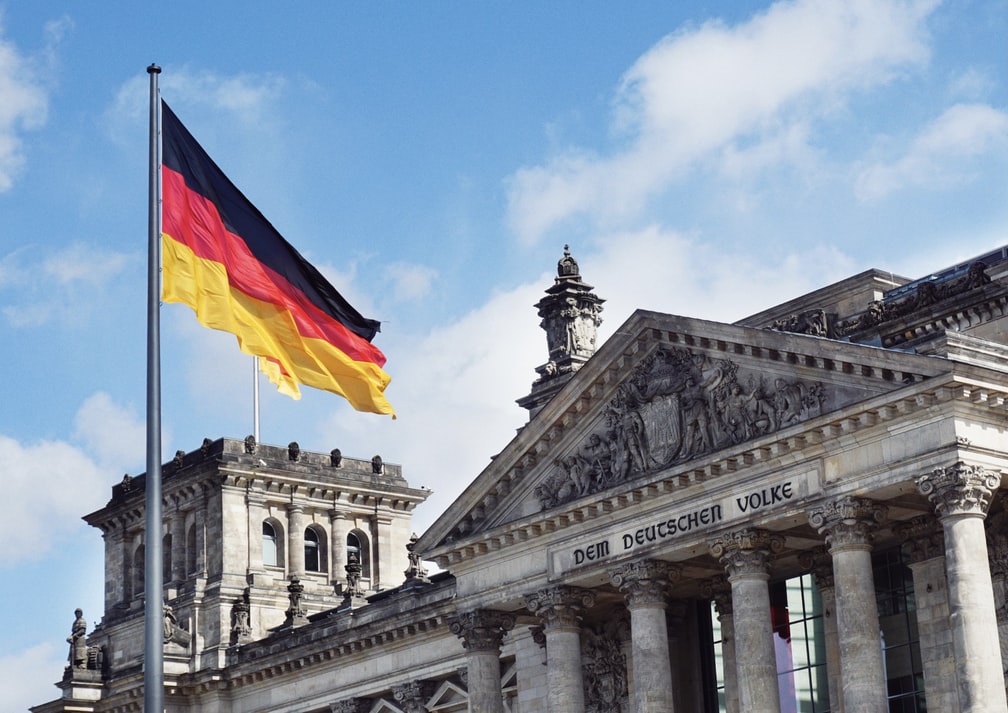For eligible foreigners, the Germany Employment Visa offers the chance to live and work in Germany. With the option to renew the visa and then apply for an EU Blue Card or other forms of residence permit, it allows its bearer to travel to and work in Germany for up to two years. You need a German work and residence permit to be able to legally dwell and work there. You may get both a residence permit and a work permit in Germany by submitting a single application to the German Immigration Authority Office.

Germany’s work permit categories
German work permits come in a variety of forms depending on your credentials and job type:
General work permit
If you have found a job in Germany that could not have been filled by an EU citizen, you may be eligible to apply for this kind of work visa. You just need to be qualified for the position; you don’t need to be exceptionally skilled.
Permit for highly skilled workers
If you are a highly competent worker with a lot of experience and a high salary, you may apply for this kind of work visa.
The Germany EU blue card
If your annual income will be at least €56,400 or €43,992 if you work in a shortage profession, you may be eligible to apply for an EU Blue Card.
Permit for freelancers
If you are a freelancer or self-employed person and you can show you have potential customers, you may apply for this kind of authorization.
Germany’s eligible foreign workers
Anyone who finds work in Germany may apply for a German work visa, though the procedure and conditions vary depending on your country of origin. According to nationality, there are three acceptable groups:
European Union, Swiss, Liechtenstein, Norwegian, or Icelandic nationals
If you are a citizen of the European Union, Switzerland, Liechtenstein, Norway, or Iceland, you do not need a visa or a permit to work in Germany. If your stay will be more than three months, the only thing you need to do is register. You must go to the neighborhood Residence Registration Office or Immigration Office to register your stay.
American, Canadian, Australian, New Zealander, Israeli, Japanese, or South Korean foreign workers
You may travel to Germany, find a job, and apply for a work and residence visa straight from the immigration office if you’re from the USA, Canada, Australia, New Zealand, Israel, Japan, or South Korea. The German Embassy in your home country does not need you to get an entrance visa to work there.
Other non-EU citizens
If you are from a different non-EU nation, you must look for work before requesting an entry visa from the German Embassy. Then you may fly to Germany and apply for a work and residency visa there. As an alternative, you may search for a job while applying for a Job-Seeker Visa for Germany. then hand in your application for a work residency visa to the immigration office.
Applying for a German work and residency permit
As for how to apply, it goes like this:
Visit the German Embassy to submit a visa application for employment or job-seeking
Germany accepts applications for both job-seeker and employment visas. According to whether you have a work offer or not, you must choose the sort of visa you will apply for. If you already have a job offer from a firm in Germany and you want to visit the country to get a work and residence permit, you must apply for an employment visa. If your goal is to go to Germany and look for work, you must apply for a job-seeker visa. You have six months to hunt for and accept employment during which time it is legitimate. After securing employment, you may submit your application for a work and residency visa.
Register your residential address
Make an appointment with the neighborhood resident registration office as soon as you locate housing in Germany and move in. Fill out the registration form after that. Gather your passport, the lease, and documentation from your landlord that you have moved into your residence. Next, on the day of your appointment, turn in the necessary paperwork at the registration office.
Acquire health insurance
You may join the German statutory health insurance after you have a work-related residency permit. When applying, you still need insurance of some kind. Your best choice at this time is to get a private health insurance plan since public health insurers are probably not going to agree to cover you if you don’t have a valid residency permit yet. You’ll be qualified for the government-mandated health insurance program after your application is approved.
Schedule a visit to the German Immigration Authorities
You should schedule a meeting with the immigration department after registering your residence and obtaining health insurance. You often get an email confirmation after making an appointment, which contains the appointment’s time, date, and location. It will also generally provide an appointment number.
Assemble the paperwork needed for a work-related residency permit
When requesting a work and residency visa in Germany, you must provide the following documents:
- Passport.
- Passport-size images must adhere to the ICAO visa photo requirements
- Residency permit application form.
- Declaration on the Employment Relationship: Your employer must complete this.
- Work contract specifying the job, length of employment, and remuneration.
- A written letter from your landlord confirming your residence.
- Your college or university diploma (Original copy).
- Evidence of health coverage.
- Resume.
- Bank records.
- Cover letter.
- Other paperwork demanded by the authority.
Apply for a work-related residence permit
You should submit the completed application to the immigration office on the day of your appointment after you have gathered all the necessary documentation. Once you get your work permit from the immigration department, you can begin working in Germany.
